The IB Education Framework
The PYP is a curriculum framework; it brings with it a clear educational philosophy and a methodology for young learners.The Primary Years Programme (PYP) is designed for students between the ages of 3 and 12. It is an international, transdisciplinary programme designed to foster the development of the whole child, not just in the classroom but also through other means of learning. The PYP focuses on the total growth of the developing child, touching hearts as well as minds and encompassing social, physical, emotional and cultural needs in addition to academic welfare.
The PYP places structured inquiry at the heart of the learning process. Children are encouraged to develop, through the learning process, those attributes and traits that will enable them to become expert learners.
The PYP curriculum model is built from a framework of transdisciplinary themes that help teachers and students to explore and acquire essential knowledge and skills and to take socially responsible action.
The IB PYP strives to demonstrate this through learning, giving understanding to a real-life world and through the learner profile: Inquirers, Knowledgeable, Thinkers, Communicators, Principled, Open Minded, Caring, Risk-Takers, Balanced and Reflective.
BMIS has aligned the IB scope and Sequence to the Common Core Standards and other international standards to set a clear shared goal and expectations for the knowledge and skills students need in each grade level. The high international standards with its inquiry-based pedagogy, chosen by the school, define what all students are expected to know and be able to do; not how teachers should teach the PYP. It provides an effective framework for teaching and learning. The curriculum framework of the PYP supports the implementation of the standards. Just as the standards build upon prior experience and knowledge, the PYP scope and sequence also builds from one phase to the more advanced phase.
In the Primary Years Program, we realize that each student is unique, so differentiation is followed in teaching and learning through designing curricula in a manner aligned with the different styles, personalities, and intelligences of students. To achieve this, students draw, listen, observe, calculate and learn in multiple ways.
Concepts
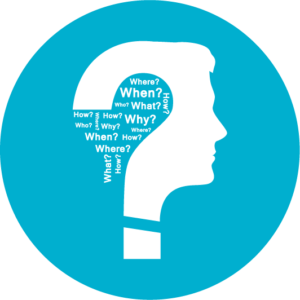
Who we are
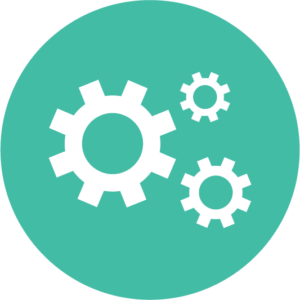
How the world works
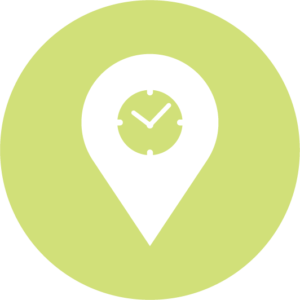
Where are we in place and time
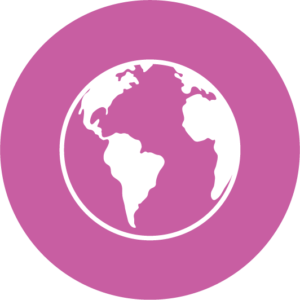
Sharing the planet
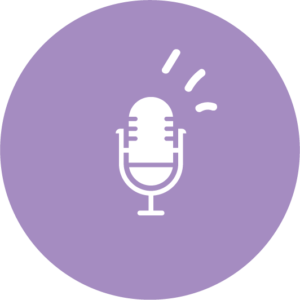
How we express ourselves
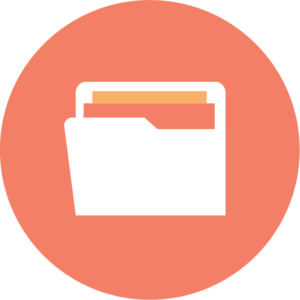
How we organise ourselves
Skills
To be able to achieve our mission, to have life long learners, we believe in having an impact on how learners think and feel. As the main foundation to learning starts from acquiring knowledge then understanding concepts. After that comes, building skills, and finally practice these concepts which revolves around building habits and learning taking decisions. Some of the skills that we want to build in our students and encourage to practice are:
- Communication skills
- Thinking skills
- Self management skills
- Research skills
- Social skills
- Social responsibility concepts
- LEadership, emotional intelligence and team work
- Critical thinking and problem solving skills
- Physical, mental and environmental health concepts
- Public speaking skills
- Agency, adaptation and reselience
- Self Evaluation, Meditation and
- Information technology skills and aligning with digital technology
- Adaptation with different cultures
- Effective Leadership skills
- Reading and linguistic skills
The IB learner profile
As IB learners we strive to be…
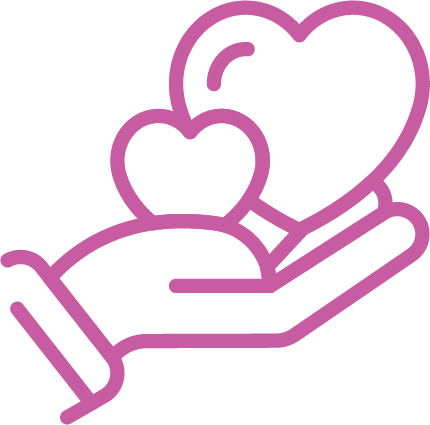
Caring
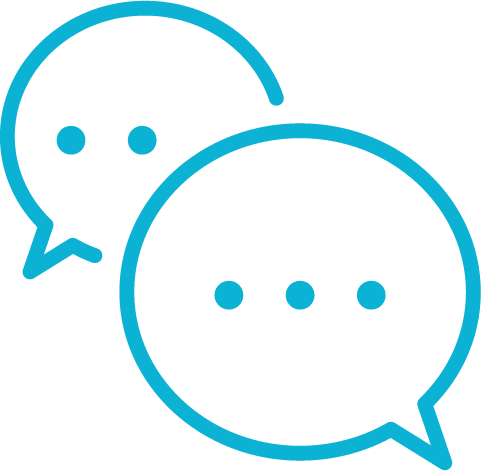
Communicators
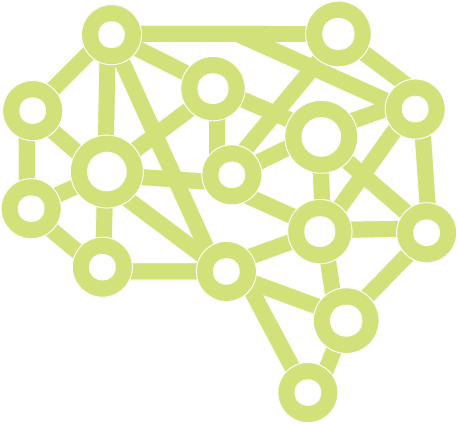
Thinkers
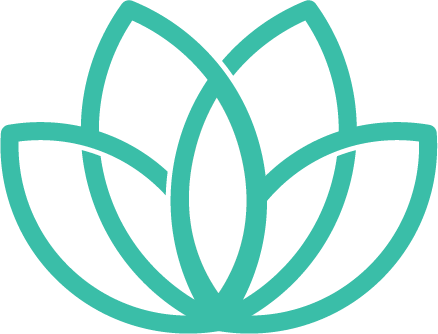
Reflective
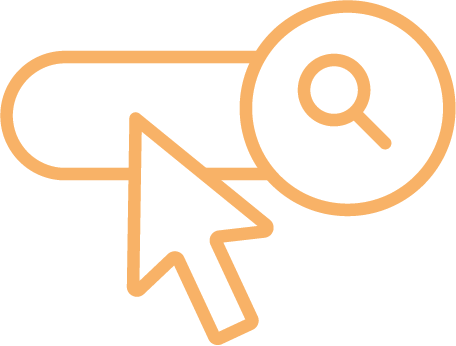
Knowledgeable
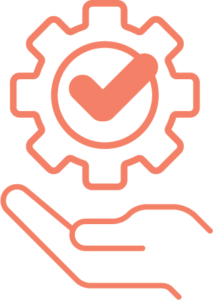
Principled
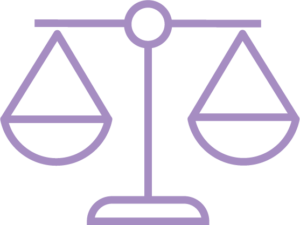
Balanced
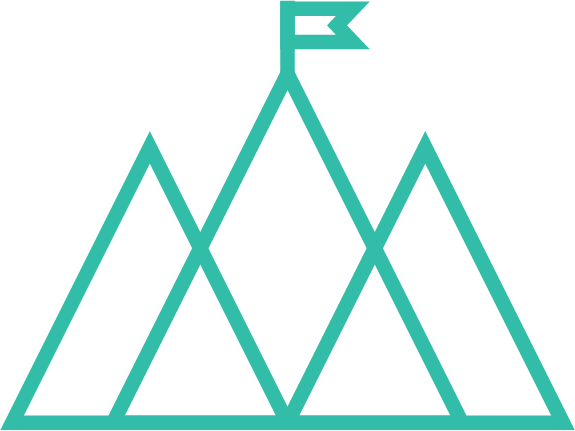
Risk-takers
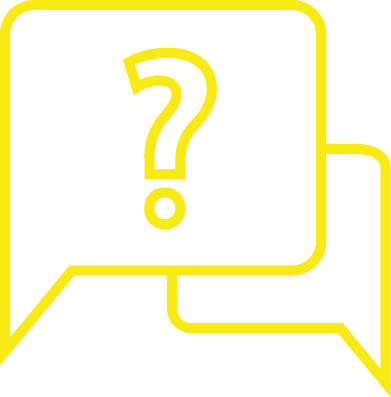
Inquirers
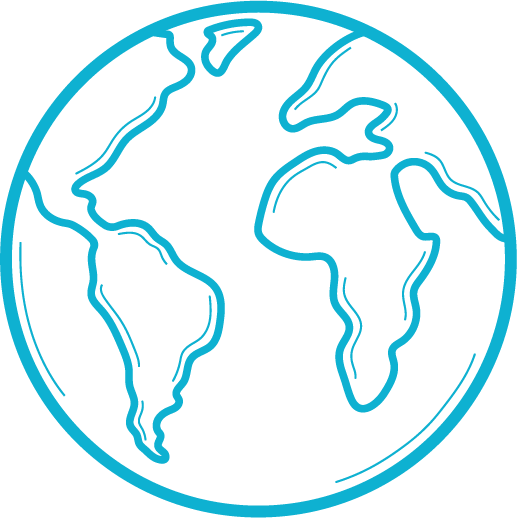
Open-minded
International Baccalaureate in Bright Minds International School:
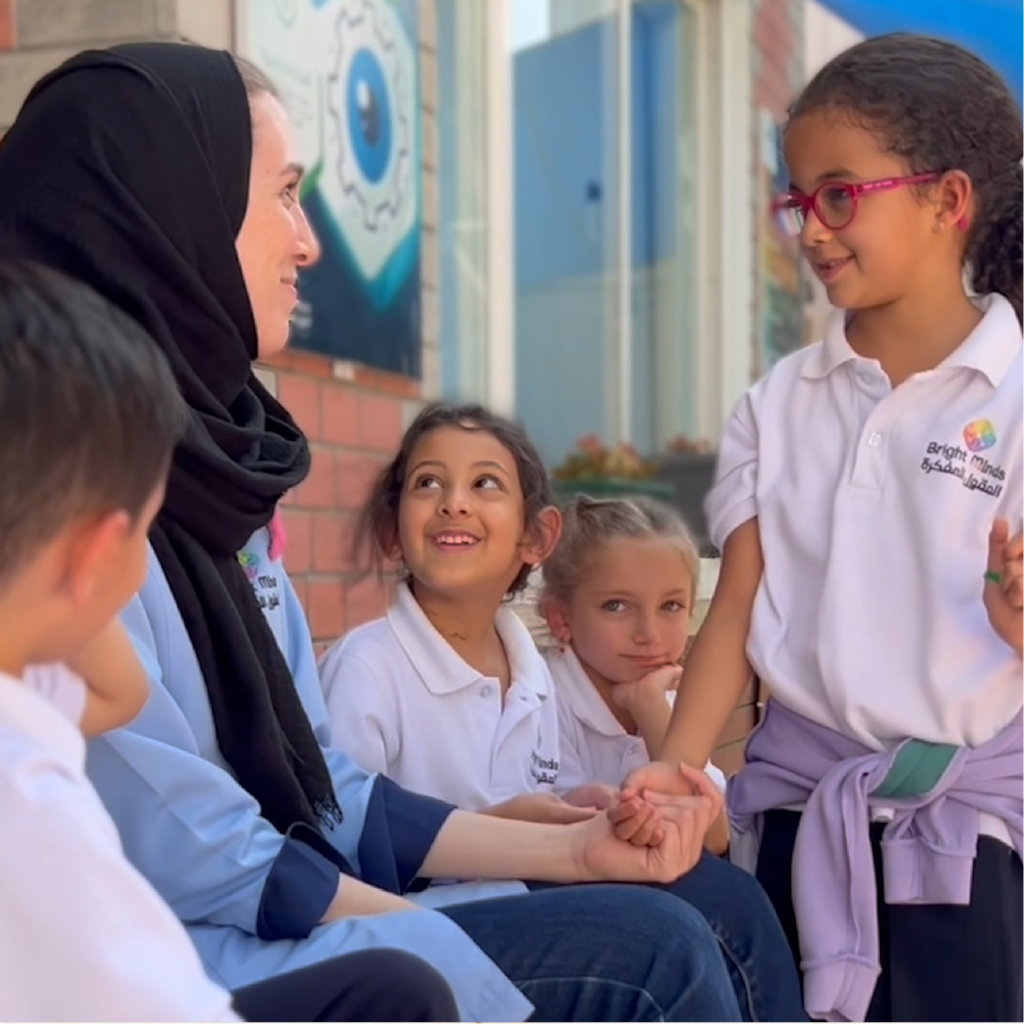
- Internationally accredited as per the international standards
- Building international minds which appreciates integrity, fairness, honesty and respect
- Build relationship between subjects through concepts and unit of inquiry
- Real life practice of knowledge
- Various learning methodologies through experiments, projects, visits and presentations
- Developing thinking and searching skills by giving opportunities for expressing opinions and self explanation and evaluations
- Build independent personalities by putting them in expected and unexpected real life circumstances
- The focus of teaching and learning is the student, Teaching and learning revolves around the student
- Using more than one language in teaching
- Using various skills in learning such as, thinking, communication, research, social skills and self management
- Thinking of (how, what, why)
- Evaluation: pre-assessment to measure previous knowledge and quantitative and qualitative evaluations
- Respect to individual differences
